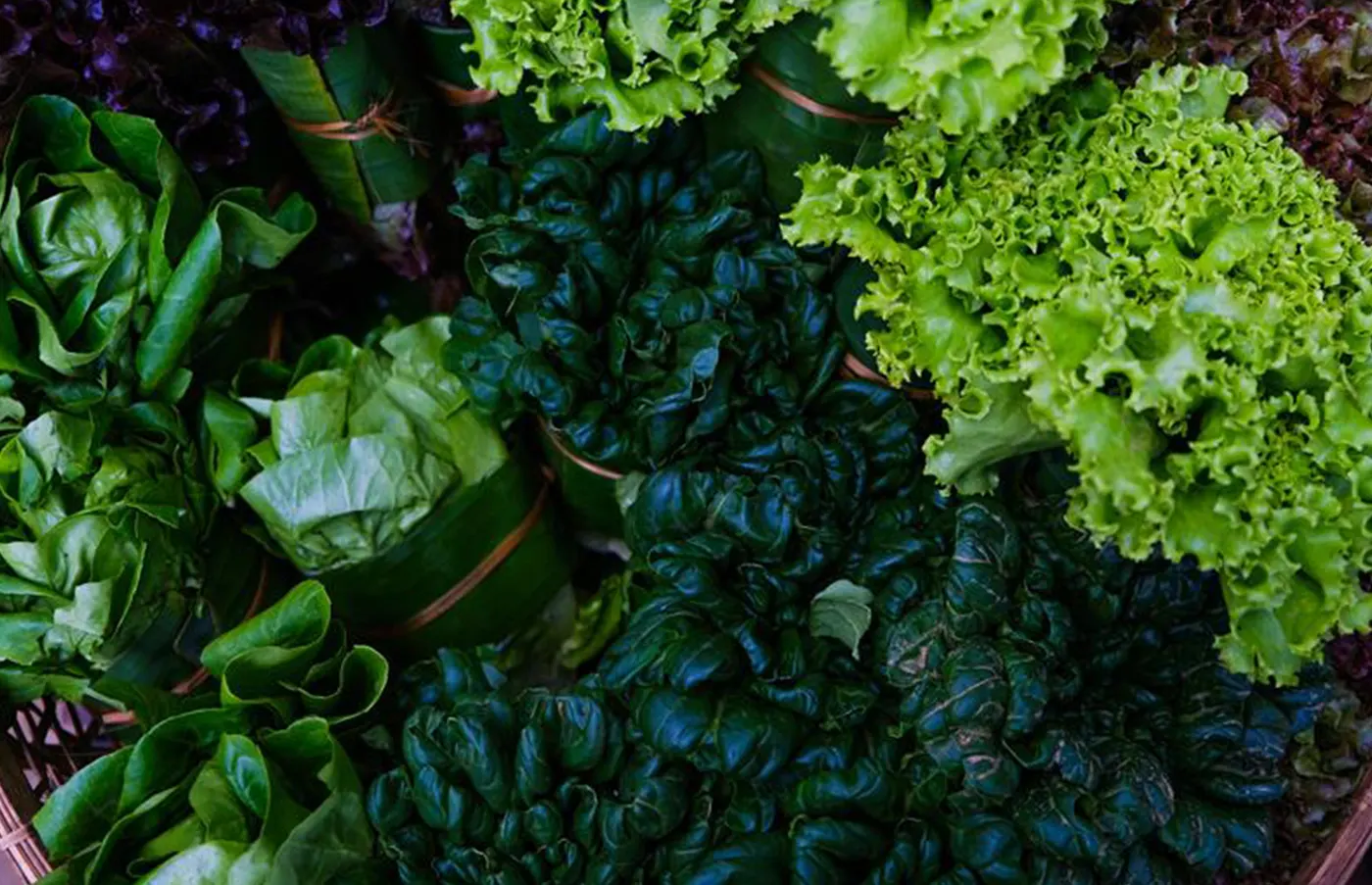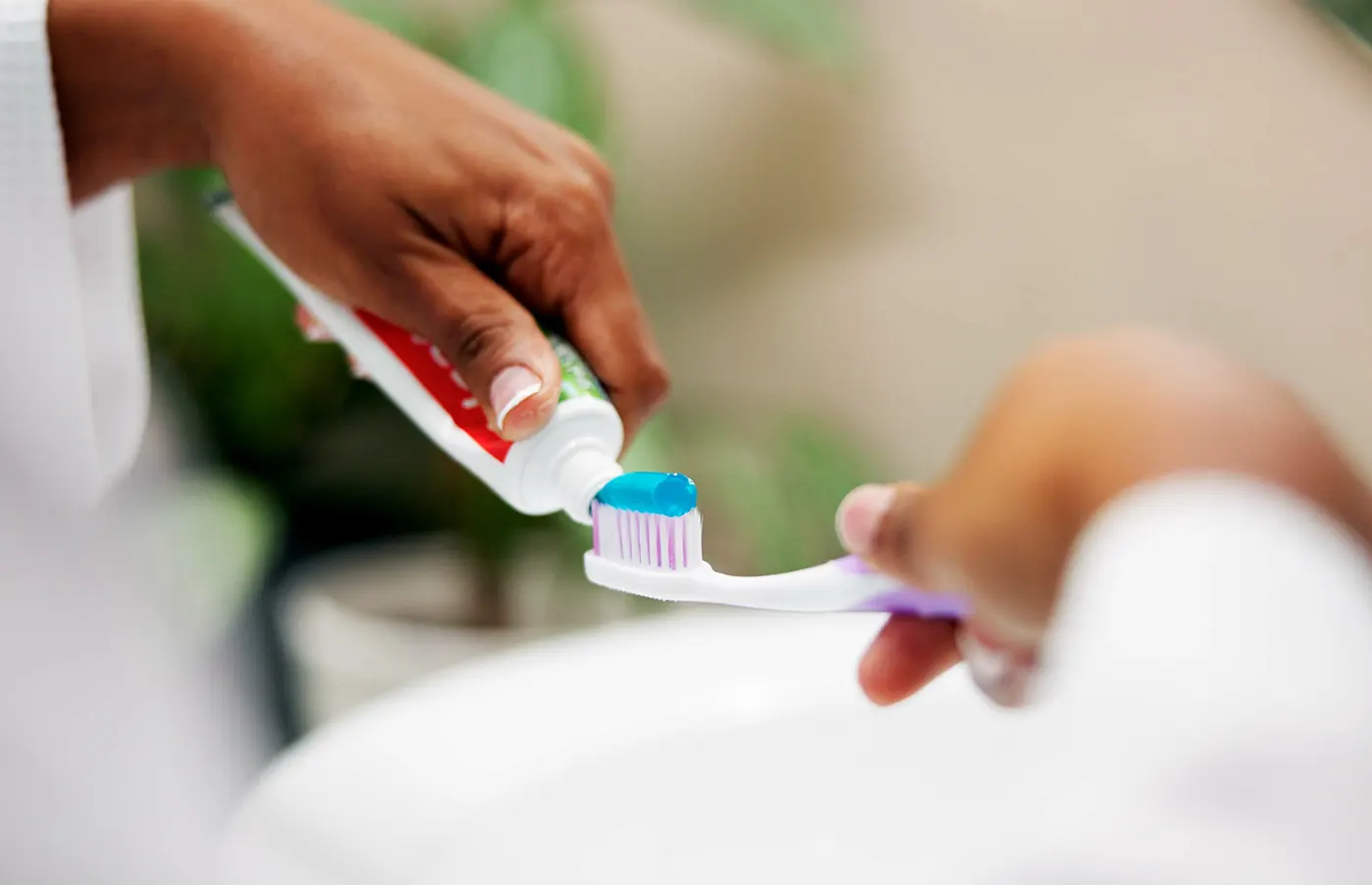Noticing bleeding gums during your daily brush or floss can be alarming, but it’s more common than you might think. For many people, it’s a sign that your gums need a little extra care, not necessarily a cause for panic.
At Murrayville Dental, we often see patients with this concern, and the good news is that many causes are manageable or reversible, especially when caught early. Below, we’ve broken things down into three categories (low, medium, and high risk) to help you understand what might be going on and what action to take next.
Low-Risk Causes
(Often Temporary or Easy to Fix)
1. You Just Started Flossing Again
If you’ve recently added flossing back into your routine (go you!), a little bleeding is totally normal. Your gums just aren’t used to the extra stimulation yet. Stick with it, and within a week or so, the bleeding usually stops.
2. Brushing Too Hard
More pressure doesn’t equal a better clean. Brushing too hard, especially with a stiff-bristled toothbrush, can make your gums red, swollen, and yes, cause them to bleed. Try switching to a soft-bristled brush and being gentle around the gumline.
3. Minor Irritation or Injury
Accidentally poking your gums with a toothpick, biting into something sharp, or even using whitening strips incorrectly can lead to inflamed gums and some short-term bleeding.
What to Do:
- Use a soft toothbrush
- Continue gentle brushing and flossing, and watch for improvement over 3–5 days
- Consider asking one of our dental hygienists for a technique refresher
Medium-Risk Causes
(Best to Book a Checkup Soon)
1. Gingivitis (Early Gum Disease)
Gingivitis is a mild form of gum disease caused by plaque buildup along the gumline. The gums may feel tender, look puffy, and bleed when you brush. It’s reversible with better oral health habits and regular cleanings, but it’s definitely something you want to address sooner rather than later.
2. Vitamin Deficiencies
A lack of certain vitamins, particularly a vitamin K deficiency and a vitamin C deficiency, can impact blood flow to the gums and make them more prone to bleeding. This is an area to assess with your family doctor.
3. Hormonal Changes
Pregnancy, puberty, or menopause can all increase blood flow to your gums, making them more sensitive and reactive. This can result in swollen and bleeding gums, even if your dental care habits haven’t changed.
What to Do:
- Book a dental cleaning and checkup so we can assess what’s going on
- Ask your doctor about blood tests for deficiencies
- Maintain excellent hygiene (yes, floss daily)
- Add leafy greens (vitamin K!) to your diet

High-Risk Causes
(Don’t Ignore and Call Us ASAP)
1. Periodontal Disease (Advanced Gum Disease)
When gingivitis isn’t treated, it can progress into periodontal disease. This is a more serious condition that is more difficult to reverse. Signs include sore gums, persistent bad breath, gum recession, and teeth feeling loose.
2. Bleeding Disorders
While rare, certain health conditions and bleeding disorders can cause excessive or unexplained gum bleeding. If bleeding is severe, happens daily, or is paired with bruising or nosebleeds, speak with your doctor right away.
3. Medication Side Effects
Some medications, like blood thinners or anti-inflammatory drugs, can affect how your teeth and gums respond to brushing and flossing. You might notice your gums bleed when you brush, even with good technique.
What to Do:
- Contact us to book an exam; early treatment can stop bleeding and protect your smile
- Let us know about all medications you’re taking
- Work with both your dentist and physician for coordinated care
Prevention Tips for Healthier Gums
Whether your gum problems are a new thing or something you’ve ignored for too long (no judgment!), here’s how to turn things around:
- Brush your teeth twice a day with a soft-bristled toothbrush
- Use fluoride toothpaste to strengthen enamel
- Floss daily to remove plaque and food particles between the teeth
- Eat a balanced diet with nutrients like vitamin K and C
- Visit us regularly for cleanings and checkups

You’re Not Alone, And Most Gum Bleeding is Very Treatable
It’s easy to feel a bit nervous when you see blood on your toothbrush, but in most cases, the solution is simple. The key is to pay attention and take action early so that you don’t develop gum disease or end up with an emergency dental situation.
At Murrayville Dental in Langley, our goal is to support your dental health in a way that’s comfortable, informative, and pressure-free. If your gums are sore, swollen, or bleeding more than they used to, we’re here to help you figure out why and how to fix it.
Book an appointment today, and let’s work together to keep your teeth and gums healthy for life.

